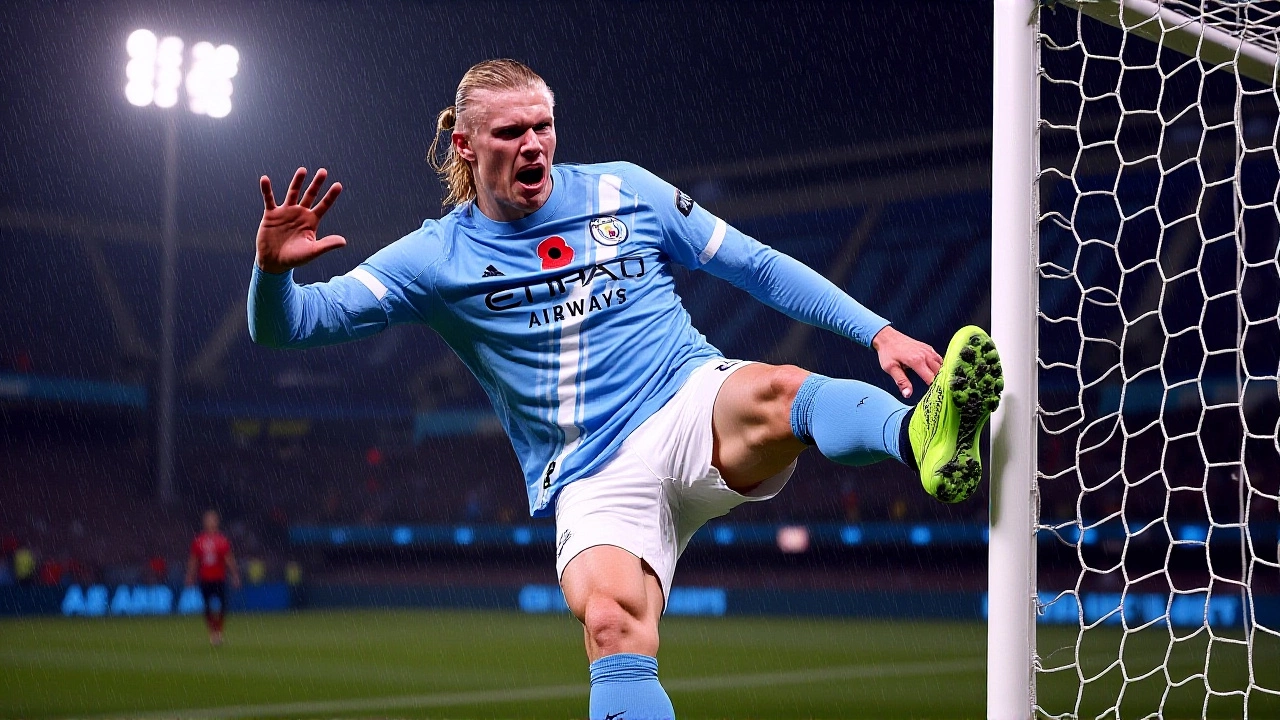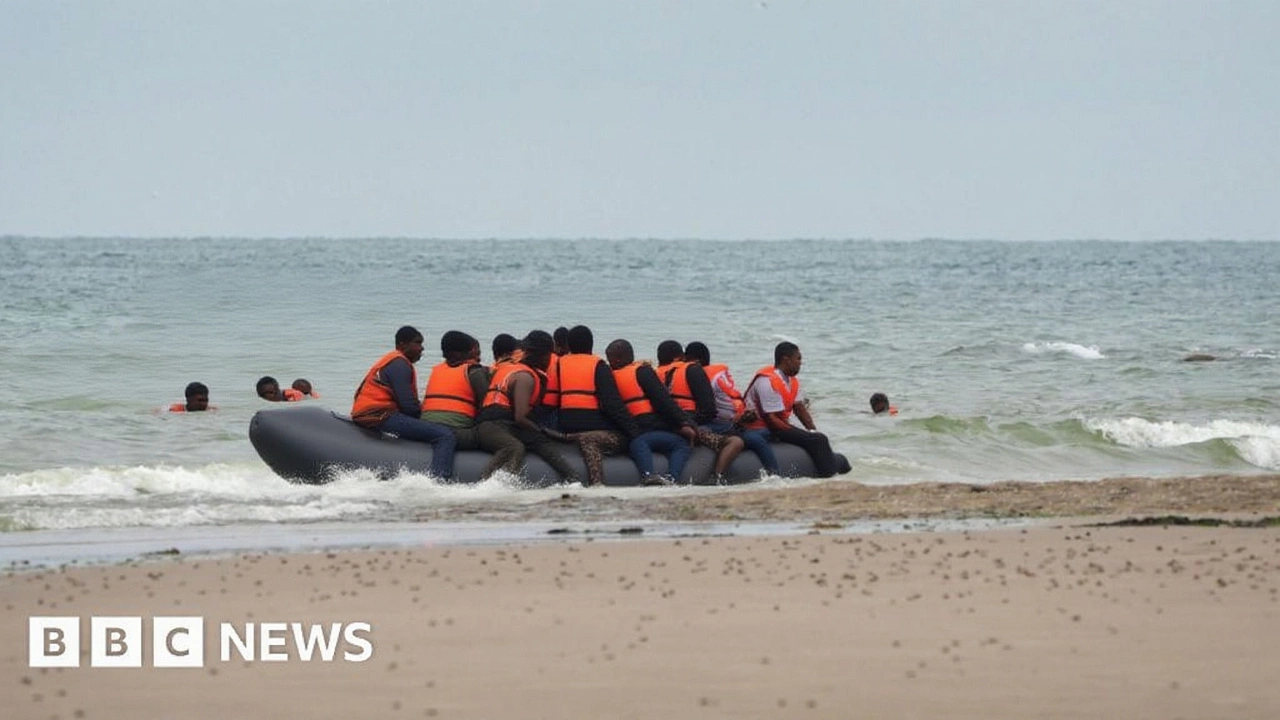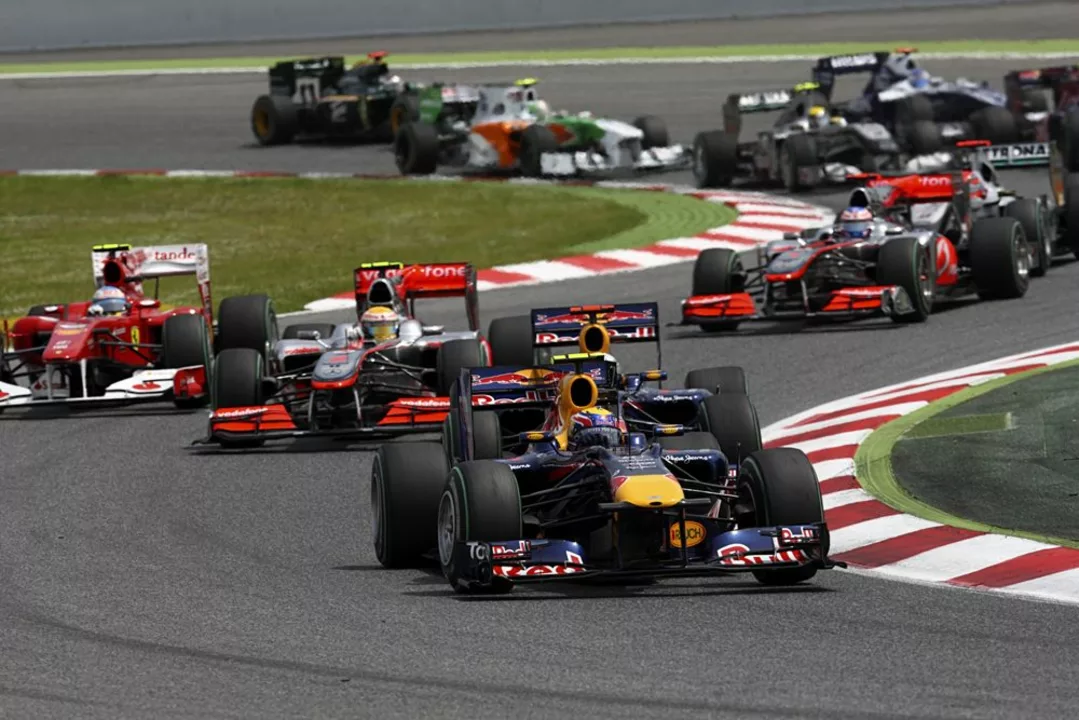When the final whistle blew at the Etihad Stadium on Tuesday, November 25, 2025, the silence wasn’t just from exhaustion—it was disbelief. Manchester City Football Club, the reigning English champions and Champions League holders just two seasons ago, had been outplayed, outmaneuvered, and outscored by Bayer 04 Leverkusen Fußball GmbH in a stunning 2-0 defeat. The goals came from Alejandro Grimaldo in the 34th minute and Patrik Schick in the 67th, turning what was supposed to be a routine group-stage fixture into a seismic shockwave across European football. The result didn’t just cost City three points—it exposed cracks in a squad many assumed was built to dominate for years to come.
How Leverkusen Broke City’s Spell
It wasn’t brute force. It was precision. Alejandro Grimaldo opened the scoring after a beautifully timed run behind City’s high line, finishing off a diagonal pass from Jerel Guansa that split the central defenders like tissue paper. The move exposed how John Stones and Ederson Moraes—usually so reliable—were caught out of position, a recurring theme this season. The second goal was even more damning. Patrik Schick ghosted into space after a clever layoff from Tilman, guided by a perfectly weighted ball from Maza. His glancing header beat Ederson cleanly. No panic. No luck. Just clinical execution.DAZN’s broadcast noted Lukáš Hrádecký (not Bernd Leno, as misidentified in commentary) made two critical saves—one off a curling effort from João Cancelo (possibly mistaken as "Sabinho") and another late stop against a shot from Churkey, likely a mispronunciation of Phil Foden. But the real story wasn’t City’s failure to score—it was their inability to create anything resembling sustained pressure. For 70 minutes, they looked like a team playing in slow motion, unsure of who was supposed to lead.
The Rebuilding Reality
Post-match, Cel Spellman on Manchester City Television admitted, "It’s uh not the result any of us wanted." But it was analyst Andy Morrison, the former Premier League defender, who cut to the bone: "The chances of a top-eight finish have now become a little bit more precarious." That’s not hyperbole. City now sit third in Group D, two points behind Leverkusen and one behind Real Sociedad. A win in their next two games isn’t enough anymore—they need results to go their way, and they need to start winning convincingly.What’s more troubling is the internal narrative. The City broadcast’s analysis—delivered with surprising candor—suggested the team isn’t just tactically off. It’s emotionally unmoored. "We’ve been rebuilt. It’s still finding its feet," said one voice during the post-match segment. "It’s not always down to the quality and tactical ability... it’s the personality and getting that mixture right as well." That’s not a coach’s excuse. It’s an admission that chemistry has fractured. The squad has new faces, new roles, new expectations. But no clear leader. No captain on the pitch. No voice in the dressing room.
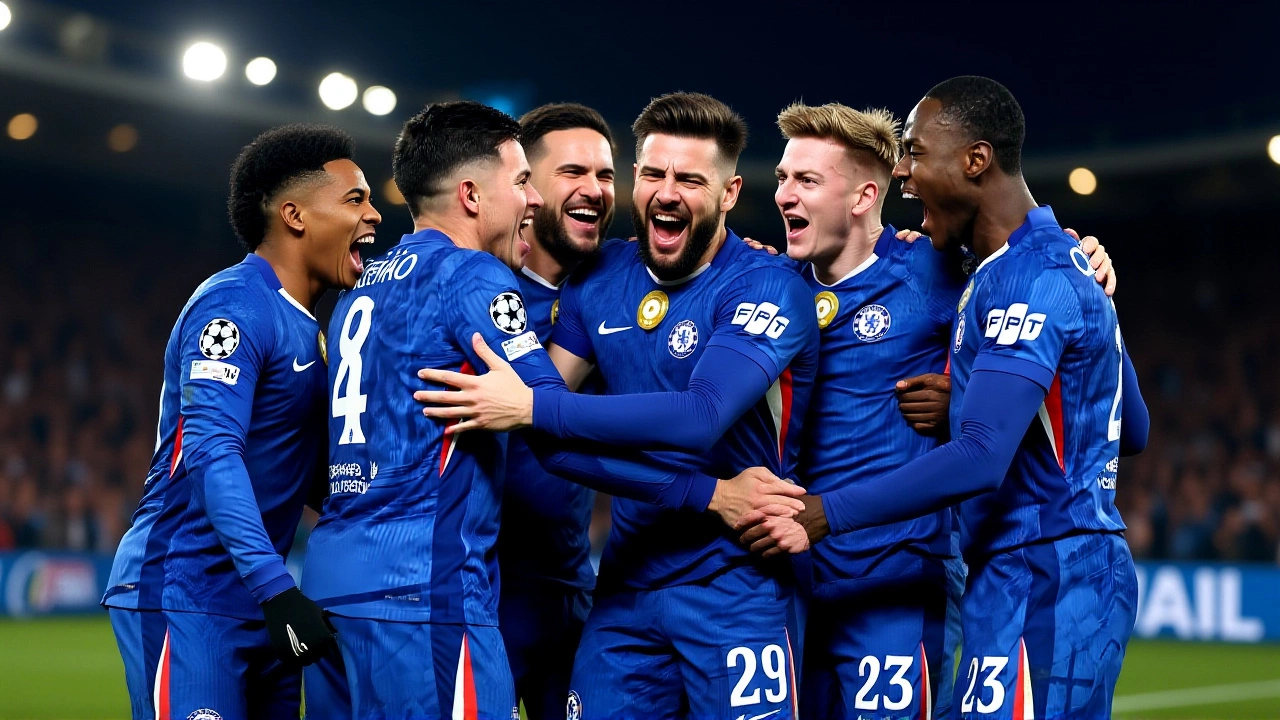
Who’s Really in Charge?
Pep Guardiola hasn’t publicly commented yet, but his silence speaks volumes. His last two Champions League campaigns ended in quarterfinal exits. This isn’t just about losing to Leverkusen—it’s about losing to a team that doesn’t have the budget, the history, or the star power. Leverkusen, under Xabi Alonso, are playing with a freedom City’s players seem to have lost. They press. They move. They trust each other. City? They pass sideways. They wait. They hope.It’s not just about tactics. It’s about identity. Who are these players? Who wants it more? The broadcast’s mention of "personality" and "mixture" isn’t fluffy talk—it’s a desperate signal that the club’s leadership, from the boardroom to the training ground, may have misjudged the human element of rebuilding.
What’s Next for City?
Their next two fixtures are critical: away to Real Sociedad on December 11, then home to Feyenoord on December 18. A loss in either and their Champions League hopes are all but dead. Even a draw could be fatal if Leverkusen beats Feyenoord. But beyond the table, there’s a deeper question: Is this a temporary stumble, or the beginning of a longer decline?Remember 2019? City lost 2-1 to Tottenham in the Champions League semifinal. The backlash was brutal. But they responded by signing Ruben Dias, João Cancelo, and Rodri. They rebuilt. Now? The key signings have been inconsistent. Phil Foden is playing out of position. Julián Álvarez is isolated. The midfield lacks rhythm. And the defense? Too often, it’s just one bad pass away from disaster.
The club’s social media channels—YouTube, Instagram, Twitter—were flooded with stunned fans. One tweet from a long-time supporter read: "I’ve watched City since 1997. This feels different. Not just a bad night. A broken team."
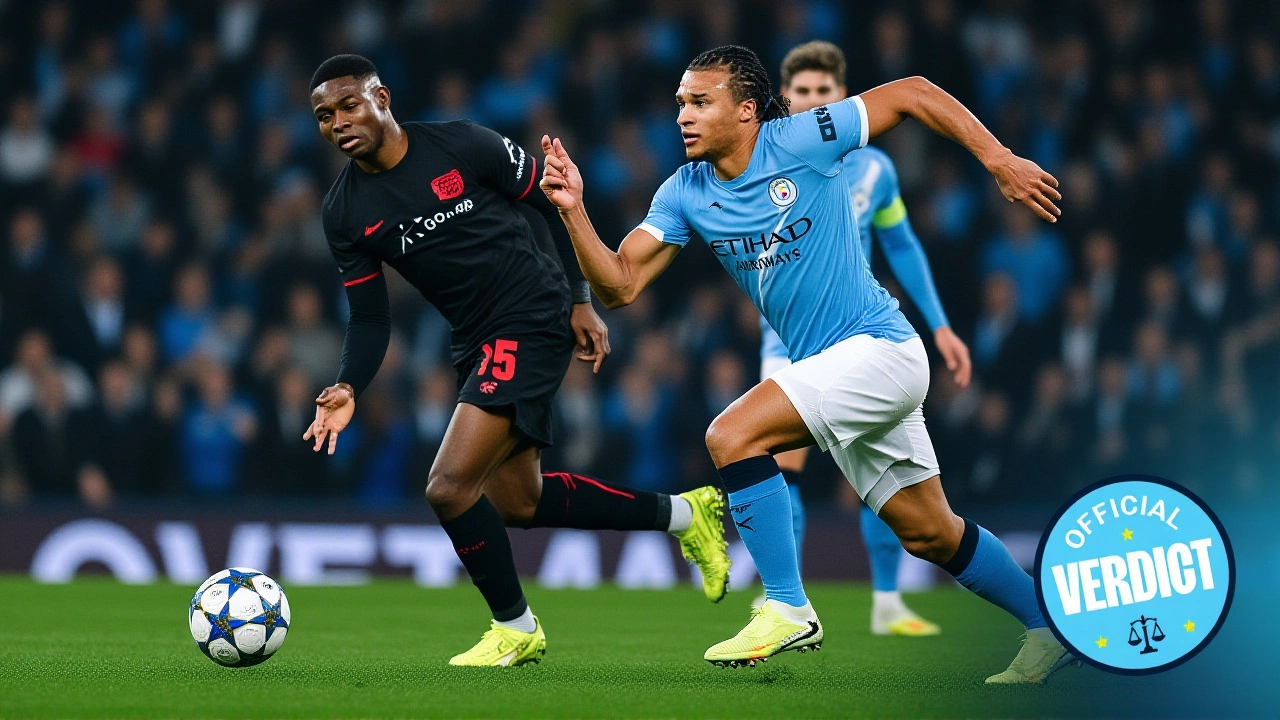
Why This Matters Beyond Manchester
This isn’t just a City problem. It’s a warning to every elite club that thinks money buys permanence. Leverkusen, with a budget less than half of City’s, are proving that structure, trust, and clear roles matter more than star names. Their 2-0 win wasn’t an upset. It was a statement. And if City can’t fix their internal chaos, they won’t just miss the top eight—they might miss the Champions League entirely next season. That’s unthinkable for a club that’s spent the last decade defining European dominance.Frequently Asked Questions
How does this loss affect Manchester City’s chances of reaching the Champions League knockout stage?
Manchester City now sit third in Group D with four points from four matches, one point behind Leverkusen and one behind Real Sociedad. To advance, they must win both remaining games and hope Leverkusen drop points against Feyenoord. A draw in either match likely eliminates them, making their path far more precarious than it was before this defeat.
Who are the key players responsible for Bayer Leverkusen’s victory?
Alejandro Grimaldo opened the scoring with a well-timed run and finish, while Patrik Schick sealed the win with a clinical header. Playmakers Tilman and Maza orchestrated the second goal with intelligent movement and precise passing. Goalkeeper Lukáš Hrádecký made two vital saves, and Jerel Guansa’s early assist set the tone. Their collective discipline and cohesion overwhelmed City’s disjointed unit.
Why did Manchester City’s broadcast mention "personality" and "mixture" as issues?
The comments suggest the team lacks cohesion beyond tactics. With key veterans gone and new signings still integrating, there’s no clear leader on the pitch. The broadcast implied that technical skill isn’t enough—players need chemistry, emotional resilience, and mutual trust. Without it, even elite talent struggles to function as a unit.
Is Andy Morrison’s claim about a "top-eight finish" being precarious accurate?
Yes. Only the top two teams in each Champions League group advance automatically. City is now third, and the fourth-place team drops into the Europa League. With Leverkusen leading and Real Sociedad close behind, City needs at least seven points from their final two games to guarantee progression—highly unlikely given their recent form and the quality of their remaining opponents.
How does this result compare to previous City Champions League failures?
Unlike 2019’s semifinal loss to Spurs, this defeat came against a team without City’s resources or star power. It’s not about being outclassed—it’s about being outsmarted and outworked. This feels more like 2015, when City lost to Barcelona under Guardiola, but with less excuse. The difference? This time, the team’s identity is in question, not just their execution.
What does this mean for Pep Guardiola’s future at Manchester City?
While no official statement has been made, persistent Champions League underperformance could fuel speculation. Guardiola has won every domestic trophy possible in England, but failing to reach the knockout stage for the third time in five years might prompt the board to question whether his system still fits the evolving squad. His legacy is secure—but his future could hinge on what happens in December.

